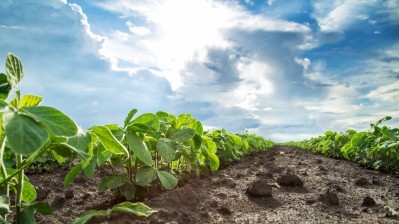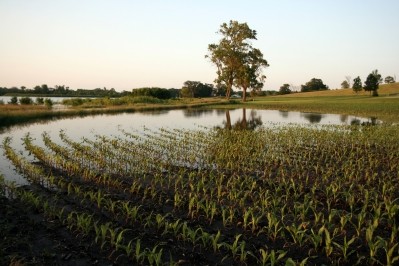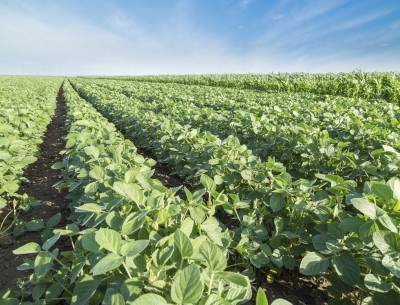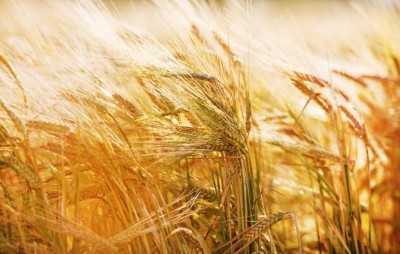US: Slow pace to corn harvesting
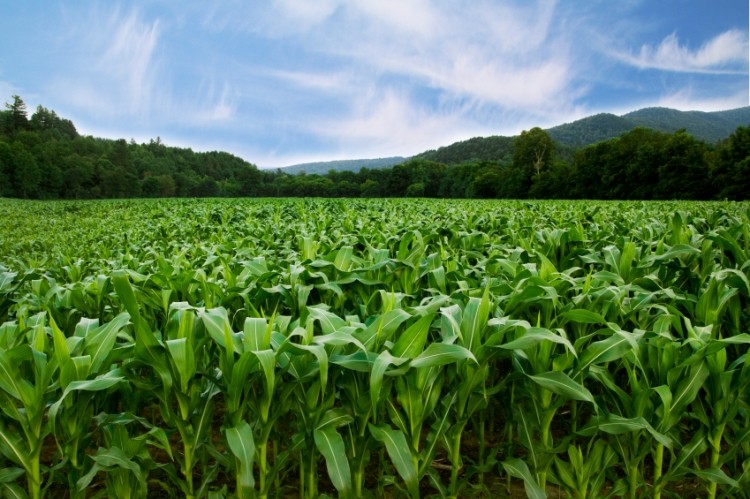
The US Department of Agriculture (USDA) released details of production for several feed crops including corn and soybeans in a crop progress report on Monday.
Although soybeans are keeping pace with development seen in previous years, the corn crop continues to lag behind where it has been, which could be worrying as the harvest period continues, said Michael Langemeier professor in the department of agricultural economics at Purdue University.
“I’m originally from Nebraska, and looking at where they were five years ago [to where they are now] they’re quite behind,” he told FeedNavigator. “If we continue to run behind on harvest and you run into colder weather that it’s going to have impact.”
Although, the pace is something that producers and the market are watching, it may not have had a major effect at this point, he said. The situation is often more concerning if a harvest is coming after a period where stocks are not plentiful.
“Stocks are not that tight right now... as we get further down the calendar that may have an impact.”
Corn process
On average, about 47% of the corn crop has been harvested by this point in the year, and last year about 44% of the crop had been collected, the department said. This year about 28% of the crop is harvested thus far in the season.
The only states that are meeting or exceeding their harvest rate from last year are Michigan and Texas, said the USDA.
Crop condition, however, saw slight improvement from last week, when 64% of the crop was considered good or excellent. This week 65% of the crop earned that label.
However, last year at this point, about 74% of the crop was considered to be good or excellent, the department said.
Corn that has reached maturity in the 18 states responsible for the majority of corn production is still behind the pace set last year and on average, said the USDA.
By this point last year, about 96% of the crop had reached maturity, said the department. This year’s crop has hit 90% maturity.
Pace of soy
Production for the 2017 soybean crop has been progressing more in line with last year’s crop, the USDA said.
Last year about 95% of the crop had reached the stage of dropping leaves by this point, and on average 93% had. With this year’s crop 94% has reached that point.
However, the harvest process has been a little slower, the department said.
Last year, about 59% of the crop had been collected by this point in time, and on average 60% was, the department said. So far about 49% of the crop has been harvested this year.
Condition for the soybean crop held mostly steady in recent weeks with about 61% of the crop earning a score of good or excellent last week and this week, the department said. Last year at this time about 74% of the crop earned those scores.
Other feed grains
In addition to corn and soybeans, the sorghum crop also has continued to mature, the USDA said. It’s pace has been in keeping with average but is behind last year.
This year about 81% of the crop is mature, behind the 89% found at this time last year, the department said. However, on average, about 82% of the crop is mature by this point.
All 11 states responsible for the majority of the crop have started to harvest it, the department said. Arkansas and Louisiana have completed their work.
In total, about 40% of the crop has been collected down from the 56% last year and the multi-year average, the department said.
About 60% of the winter wheat crop has been planted, which is somewhat behind the pace set previously, the USDA said. Last year 70% had been planted by this point, and on average 71% is.
Almost 40% of the crop has emerged, which is behind the average 43% that has sprouted by this time and the 45% that had done so last year, said the department.
